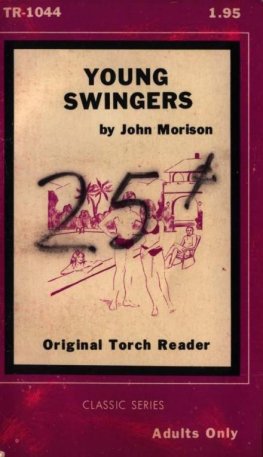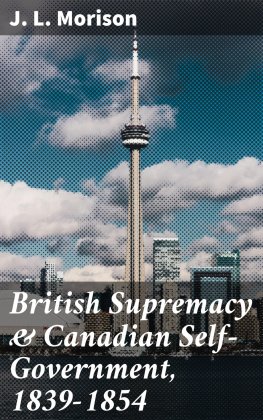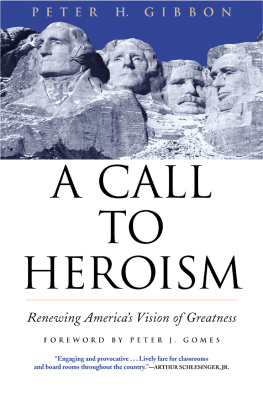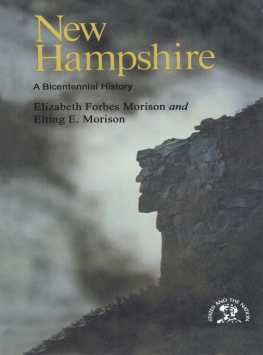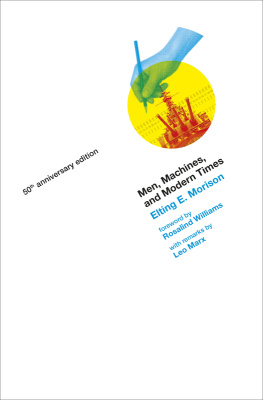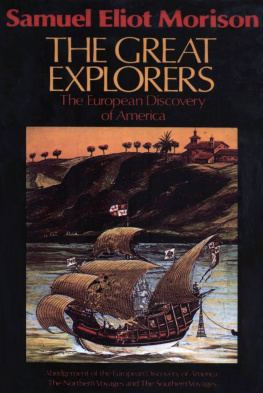CHAPTER I.
..................
GIBBONS EARLY LIFE UP TO THE TIME OF HIS LEAVING OXFORD.
EDWARD GIBBON WAS BORN AT Putney, near London, on 27th April in the year 1737. After the reformation of the calendar his birthday became the 8th of May. He was the eldest of a family of seven children; but his five brothers and only sister all died in early infancy, and he could remember in after life his sister alone, whom he also regretted.
He is at some pains in his Memoirs to show the length and quality of his pedigree, which he traces back to the times of the Second and Third Edwards. Noting the fact, we pass on to a nearer ancestor, his grand father, who seems to have been a person of considerable energy of character and business talent. He made a large fortune, which he lost in the South-Sea Scheme, and then made another before his death. He was one of the Commissioners of Customs, and sat at the Board with the poet Prior; Bolingbroke was heard to declare that no man knew better than Mr. Edward Gibbon the commerce and finances of England. His son, the historians father, was a person of very inferior stamp. He was educated at Westminster and Cambridge, travelled on the Continent, sat in Parliament, lived beyond his means as a country gentleman, and here his achievements came to an end. He seems to have been a kindly but a weak and impulsive man, who however had the merit of obtaining and deserving his sons affection by genial sympathy and kindly treatment.
Gibbons childhood was passed in chronic illness, debility, and disease. All attempts to give him a regular education were frustrated by his precarious health. The longest period he ever passed at school were two years at Westminster, but he was constantly moved from one school to another. This even his delicacy can hardly explain, and it must have been fatal to all sustained study. Two facts he mentions of his school life, which paint the manners of the age. In the year 1746 such was the strength of party spirit that he, a child of nine years of age, was reviled and buffeted for the sins of his Tory ancestors. Secondly, the worthy pedagogues of that day found no readier way of leading the most studious of boys to a love of science than corporal punishment. At the expense of many tears and some blood I purchased the knowledge of the Latin syntax. Whether all love of study would have been flogged out of him if he had remained at school, it is difficult to say, but it is not an improbable supposition that this would have happened. The risk was removed by his complete failure of health. A strange nervous affection, which alternately contracted his legs and produced, without any visible symptom, the most excruciating pain, was his chief affliction, followed by intervals of languor and debility. The saving of his life during these dangerous years Gibbon unhesitatingly ascribes to the more than maternal care of his aunt, Catherine Porten, on writing whose name for the first time in his Memoirs, he felt a tear of gratitude trickling down his cheek. If there be any, he continues, as I trust there are some, who rejoice that I live, to that dear and excellent woman they must hold themselves indebted. Many anxious and solitary hours and days did she consume in the patient trial of relief and amusement; many wakeful nights did she sit by my bedside in trembling expectation that every hour would be my last. Gibbon is rather anxious to get over these details, and declares he has no wish to expatiate on a disgusting topic. This is quite in the style of the ancien rgime. There was no blame attached to any one for being ill in those days, but people were expected to keep their infirmities to themselves. People knew how to live and die in those days, and kept their infirmities out of sight. You might have the gout, but you must walk about all the same without making grimaces. It was a point of good breeding to hide ones sufferings. Similarly Walpole was much offended by a too faithful publication of Madame de Svigns Letters. Heaven forbid, he says, that I should say that the letters of Madame de Svign were bad. I only meant that they were full of family details and mortal distempers, to which the most immortal of us are subject. But Gibbon was above all things a veracious historian, and fortunately has not refrained from giving us a truthful picture of his childhood.
Of his studies, or rather his readinghis early and invincible love of reading, which he would not exchange for the treasures of Indiahe gives us a full account, and we notice at once the interesting fact that a considerable portion of the historical field afterwards occupied by his great work had been already gone over by Gibbon before he was well in his teens. My indiscriminate appetite subsided by degrees into the historic line, and since philosophy has exploded all innate ideas and natural propensities, I must ascribe the choice to the assiduous perusal of the Universal History as the octavo volumes successively appeared. This unequal work referred and introduced me to the Greek and Roman historians, to as many at least as were accessible to an English reader. All that I could find were greedily devoured, from Littleburys lame Herodotus to Spelmans valuable Xenophon, to the pompous folios of Gordons Tacitus, and a ragged Procopius of the beginning of the last century. Referring to an accident which threw the continuation of Echards Roman History in his way, he says, To me the reigns of the successors of Constantine were absolutely new, and I was immersed in the passage of the Goths over the Danube, when the summons of the dinner-bell reluctantly dragged me from my intellectual feast.... I procured the second and third volumes of Howells History of the World, which exhibit the Byzantine period on a larger scale. Mahomet and his Saracens soon fixed my attention, and some instinct of criticism directed me to the genuine sources. Simon Ockley first opened my eyes, and I was led from one book to another till I had ranged round the circle of Oriental history. Before I was sixteen I had exhausted all that could be learned in English of the Arabs and Persians, the Tartars and Turks, and the same ardour urged me to guess at the French of DHerbelot and to construe the barbarous Latin of Pococks Abulfaragius. Here is in rough outline a large portion at least of the Decline and Fall already surveyed. The fact shows how deep was the sympathy that Gibbon had for his subject, and that there was a sort of pre-established harmony between his mind and the historical period he afterwards illustrated.
Up to the age of fourteen it seemed that Gibbon, as he says, was destined to remain through life an illiterate cripple. But as he approached his sixteenth year, a great change took place in his constitution, and his diseases, instead of growing with his growth and strengthening with his strength, wonderfully vanished. This unexpected recovery was not seized by his father in a rational spirit, as affording a welcome opportunity of repairing the defects of a hitherto imperfect education. Instead of using the occasion thus presented of recovering some of the precious time lost, of laying a sound foundation of scholarship and learning on which a superstructure at the university or elsewhere could be ultimately built, he carried the lad off in an impulse of perplexity and impatience, and entered him as a gentleman commoner at Magdalen College just before he had completed his fifteenth year (1752, April 3). This was perhaps the most unwise step he could have taken under the circumstances. Gibbon was too young and too ignorant to profit by the advantages offered by Oxford to a more mature student, and his status as a gentleman commoner seemed intended to class him among the idle and dissipated who are only expected to waste their money and their time. A good education is generally considered as reflecting no small credit on its possessor; but in the majority of cases it reflects credit on the wise solicitude of his parents or guardians rather than on himself. If Gibbon escaped the peril of being an ignorant and frivolous lounger, the merit was his own.



